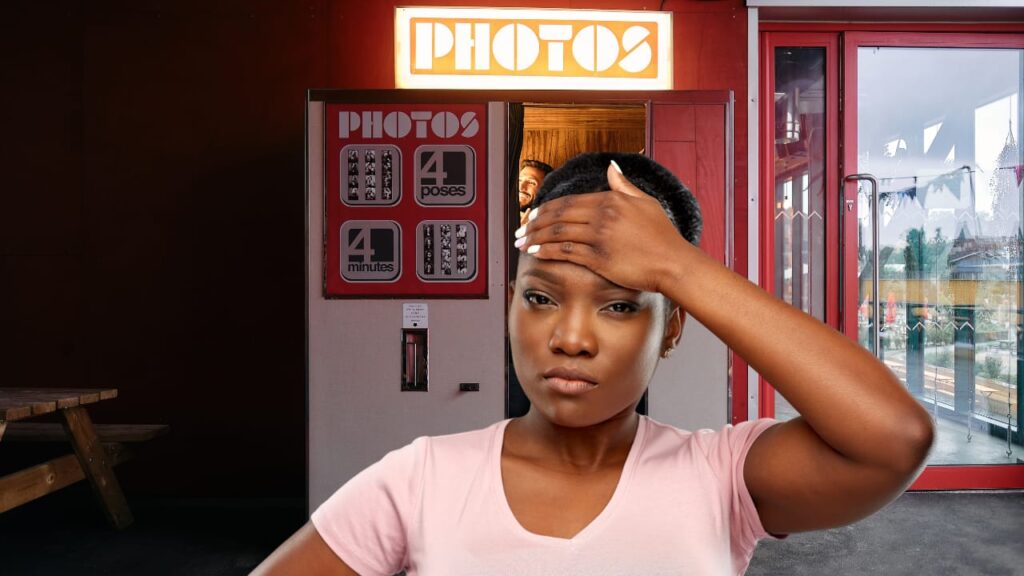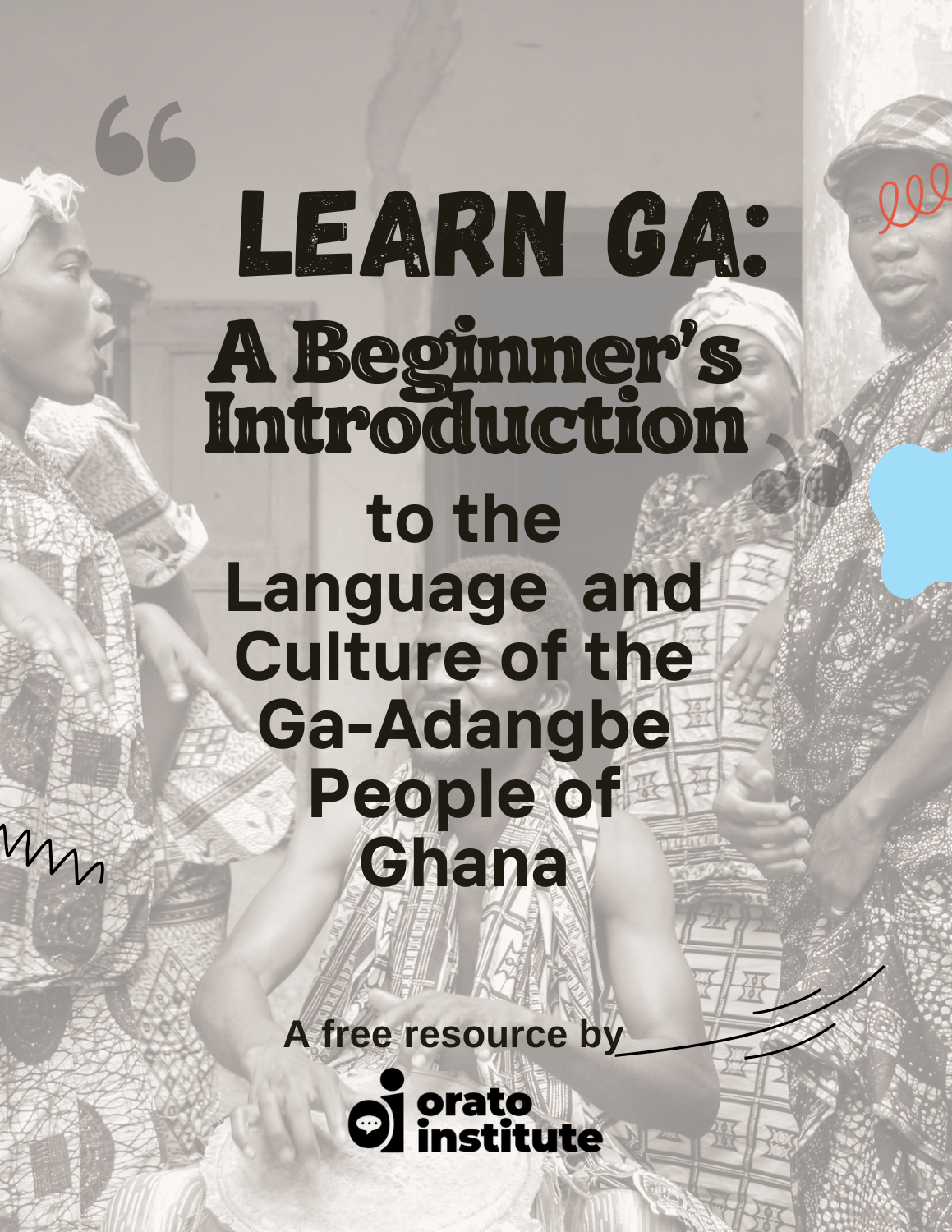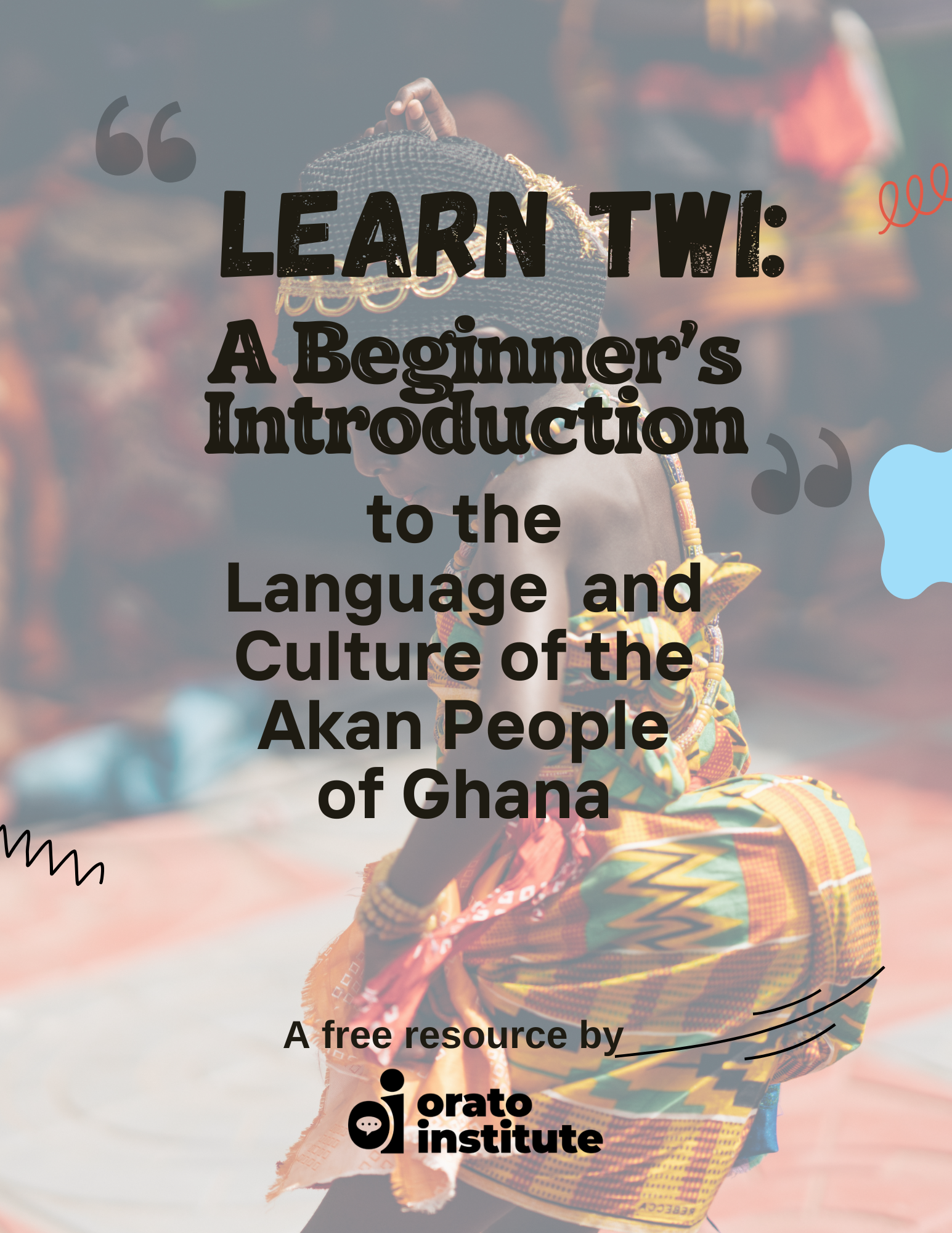Orato Language Stories
Ghana Girl in Italy: The Photobooth stole my money
There’s a special kind of joy that fills your heart when you’re going to be reunited with family. For me, that joy was magnified by the fact that I was stepping into Italy for the very first time—a place I had dreamt about, full of art, history, and of course, pasta. As a Ghana-born girl, raised in Accra’s sun-soaked rhythm, this was going to be a whole new world.
And at first, everything went smoothly. My plane landed. I breathed in the unfamiliar air of Europe. I smiled. But then—immigration.
That’s when the shift happened.
I can’t even explain what it was exactly—maybe it was the coldness of the officer’s stare or the extra questions asked that others seemed to breeze through—but I suddenly felt like I didn’t belong. There was a long silence after I handed over my documents. A few hushed conversations in Italian behind the desk. My heartbeat thudded in my ears. Was there a problem?
Eventually, they let me through. No explanation. Just a stamp and a nod. I exhaled, but I knew I had stepped into a place where language, culture, and even skin tone might paint me as “the other.”
Still, I shook it off. I was finally here. My family was waiting. After hours of travel, I arrived in the quiet, sleepy town in the north of Italy where they lived. It was beautiful—but a far cry from the lively energy of Accra. No trotros (local Ghana buses), no street side hawkers busy enticing you to buy from them. No friendly smiling faces. It was different. But my new life was just beginning and I loved it.
After my arrival, my cousin who had relocated here several years prior, took me around town. Oh how I marvelled at the advancement of the West in infrastructure, technology and especially good roads. I made a mental note of places I would like to visit on my own.
So the next day I ventured into town again and popped over to the local supermarket – on my own.
Cue supermarket drama.
Every label looked like a cryptic puzzle. No one—literally no one—spoke English. I tried to ask for help, but all I got were blank stares or wild hand gestures. One lady thought I was trying to sell something. Another pointed me in three different directions for the same item. I felt like Dora the Explorer without the map—and with no subtitles.
But that was just the warm-up.
One of the reasons I was out and about was also to get a passport photo for my paperwork. I spotted a photo booth in the corner of the supermarket. Jackpot—or so I thought.
This machine was cursed. I followed the instructions as best as I could, put in my euros, smiled for the camera… nothing. No flash. No print. Just silence. My money vanished like a ghost in the machine. I looked around in frustration. Nobody nearby could help me. One man gave me a thumbs-up. It felt sarcastic.
Determined, I ventured out in search of a real photographer. I asked a woman with kind eyes if she knew where one might be. She nodded eagerly and pointed down a side street. “Go… uh… ten minute, left… sì sì!” she chirped.
I trusted her.
Big mistake.
I ended up in a sleepy residential area with closed shutters and barking dogs. No photo shop. No people. No hope.
And to top it off—my phone died.
Right there, in the middle of nowhere in the town centre where I knew no one and couldn’t speak the language, I had to make a choice: panic or pray.
I prayed.
And somehow—miraculously—I wandered my way back. One corner after another started to feel vaguely familiar. I spotted the supermarket. Then the bus stop. Then our street. I had no GPS, no phone, no Italian, no photos and my money was stuck in a photobooth. But I made it.
That first day taught me something I’ll never forget: you can prepare, plan, and pack—but it’s the unexpected, frustrating, and miraculous moments that truly shape your journey. And oh I learned to speak Italian – I had to, in order to survive.
So here’s some unsolicited but really helpful advice, f you’re planning to move to Italy—especially outside of the big cities—do yourself a favour: learn the language. Maybe in Rome you’ll find English-speakers on every corner, but wouldn’t it be in your best interest to understand and be understood for yourself? It’s not just about vocabulary; it’s about confidence, connection, and survival.
And that’s how my Italian adventure began—not with gelato or gondolas, but with grace, grit, and a broken photo booth.





